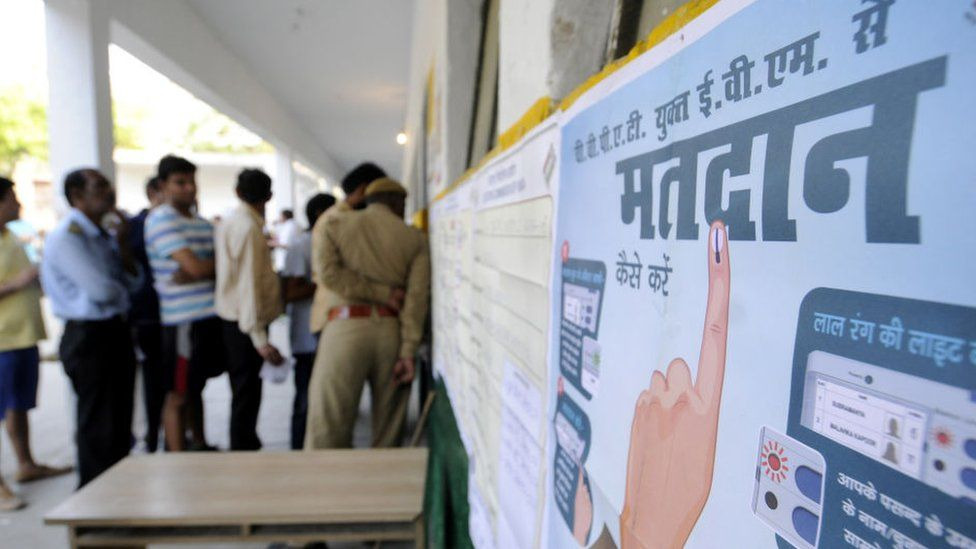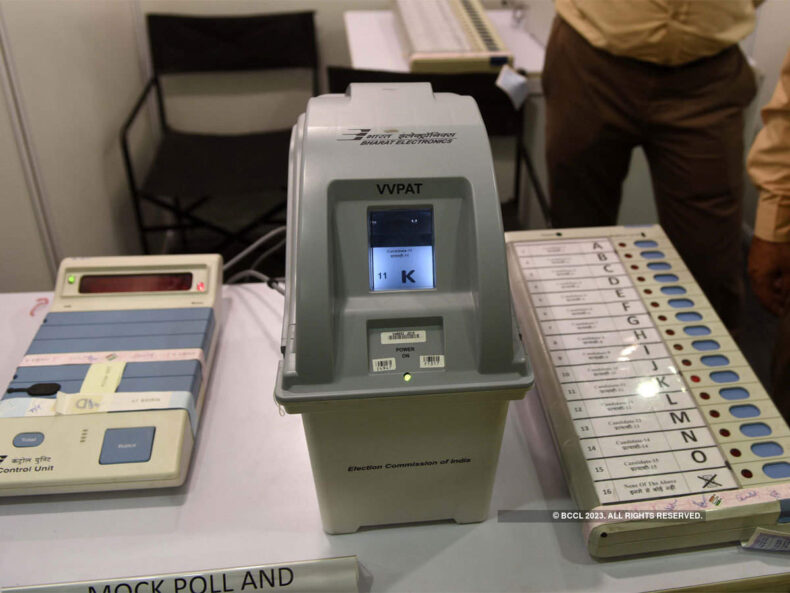Academic institutions serve as critical pillars of a democratic society, fostering intellectual freedom, open discourse, and rigorous research. Ashoka University, known for its commitment to academic excellence, found itself embroiled in controversy when one of its faculty members, Sabyasachi Das, published a research paper hinting at possible ‘vote manipulation’ in India’s 2019 general election. This article examines Ashoka University’s response to the research paper and the subsequent dismay it caused within the institution.
The Research Paper:
‘Democratic Backsliding in the World’s Largest Democracy’
Sabyasachi Das, a faculty member at Ashoka University, authored a research paper titled ‘Democratic Backsliding in the World’s Largest Democracy.’ The paper aimed to investigate the 2019 general election in India, exploring whether electoral manipulation or precise control was responsible for irregular patterns observed during the election.
Das’s research used new datasets and evidence to suggest potential electoral manipulation in closely contested constituencies. The paper also raised concerns about targeted electoral discrimination against India’s largest minority group – Muslims. The findings presented a worrying development for the future of democracy in the country.

Ashoka University’s Dismay
Distancing from the Research Paper
Following the publication of the research paper, Ashoka University found itself in a challenging position. The institution had to balance its commitment to academic freedom with the potential implications of the research’s findings. The university faced criticism and questions from both the public and political circles regarding its stance on the research.
In response, Ashoka University issued a statement expressing dismay over the research paper and its implications. The university clarified that the content of the paper did not reflect the institution’s position or stand. It emphasized that the research was an individual faculty member’s work and did not represent the views of the university as a whole.
Academic Freedom and Institutional Autonomy
Ashoka University’s response to the research paper brought to the forefront the importance of academic freedom and institutional autonomy. Academic freedom is a cornerstone of scholarly inquiry, allowing researchers and scholars the liberty to explore diverse ideas and subjects without fear of censorship or retaliation. It enables universities to thrive as centers of intellectual excellence and innovation.
Institutional autonomy, on the other hand, ensures that universities can make administrative decisions, shape their curricula, and appoint faculty independently, free from undue interference from external entities. It upholds the integrity of educational institutions and helps them maintain their unique identities and scholarly pursuits.
The Dilemma of Balancing Freedom and Accountability
The case of the research paper on ‘vote manipulation’ highlights the delicate balance that academic institutions must strike between academic freedom and accountability. While academic freedom allows scholars to pursue their research independently, the potential impact of research findings on society and public perception demands a responsible approach.
Ashoka University’s response attempted to navigate this dilemma by emphasizing the research’s individual nature and stating that it had not yet completed a critical review process or been published in any academic journal. This approach aimed to protect academic freedom while acknowledging the need for responsible research and transparent scrutiny.
The Political Debates
Shashi Tharoor and Nishikant Dubey
The research paper’s findings sparked a political debate, with prominent politicians Shashi Tharoor and Nishikant Dubey sharing their opinions on the matter.
Shashi Tharoor, a Congress MP, expressed deep concern over the research paper’s implications and called for a serious examination of the issues raised. He emphasized the need for the Election Commission and the Government of India to address the research findings with detailed responses.
On the other side, Nishikant Dubey, a BJP MP, criticized the research paper, questioning its credibility and the potential consequences of discrediting India’s democratic process. He expressed disappointment with Ashoka University for allowing such research, voicing concerns about the paper’s impact on India’s reputation.
The Role of Ashoka University as a Neutral Platform
Amid the political debates, Ashoka University faced scrutiny over its role as an educational institution that encourages open discourse and intellectual diversity. The university’s response highlighted its commitment to providing a platform for independent research without endorsing or directing specific research projects.
Universities often serve as spaces where controversial and sensitive topics are explored, and this incident raised questions about how institutions should handle research that may have significant societal implications. Striking a balance between fostering academic freedom and being mindful of the potential consequences of research is a challenge faced by academic institutions worldwide.
Ashoka University’s response to the research paper hinting at ‘vote manipulation’ in India’s 2019 general election showcases the delicate balance institutions must maintain between academic freedom and accountability. As a center of academic excellence, the university sought to uphold the principles of academic freedom while distancing itself from the research’s implications.
The incident also underscores the importance of open discourse, responsible research, and transparent review processes within academic institutions. In a democratic society, universities play a critical role in encouraging rigorous inquiry and protecting intellectual freedom.
As India’s democracy continues to evolve, it is essential for academic institutions to navigate these complexities, ensuring that they remain steadfast in their commitment to truth-seeking and knowledge dissemination while being mindful of their roles as neutral platforms in public discourse. The incident at Ashoka University serves as a valuable reminder of the responsibilities and challenges faced by institutions striving to uphold the ideals of academic freedom in a dynamic and diverse society.












